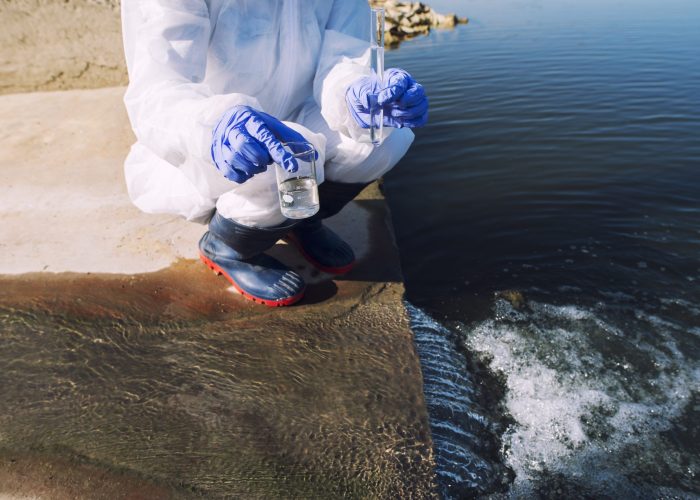![[GetPaidStock.com]-65e0460345e32 [GetPaidStock.com]-65e0460345e32](https://scriptimmo.com/wp-content/uploads/elementor/thumbs/GetPaidStock.com-65e0460345e32-ql0g53qfes6lg4sj98q0ymb3kyn14s297l864z0e4o.jpg)
With our wide variety of up-to-date equipment in our toolbox from manual to motor driven we have it all from handheld drills to large hydraulic machines to handle the most complex tasks with a single precision.
![[GetPaidStock.com]-65e04524041bb [GetPaidStock.com]-65e04524041bb](https://scriptimmo.com/wp-content/uploads/elementor/thumbs/GetPaidStock.com-65e04524041bb-ql0g57hs64bqqkn2nacj8lcxyi4hzkh6k3u422utfs.jpg)
If the job is to drill holes in private houses to provide ventilation, we will be able to do it fast and well or it is to perform complicated installations on larger facilities, we will be also able to do it fast and well. Its core element, then.

The core material is cut in concrete, stone or reinforcement by use of boring machines. With a diamond bit attached, the drill either effortlessly pierces through the stiffest materials or focuses and targets the less heavy ones to an exacting standard.

In addition to that, we used professional technicians who are familiar with post-drilling cleanup procedures which their aim is to ensure that your site is left as clean as if the drilling never occurred. In case of any confusion and if you would like us to drill concrete for you, please feel free to contact us.
Often, core drilling generates sludge – a mineral like compound consisting of water and concrete particles – when drilling. It will be a serious mess which will be very difficult to manage the same way. This burden may be a problem in Kristianund Bygg, though we dealt with it in an efficient manner. We make sure that the water is regulated effectively so that the sludge is deposited from the rodding efficiently, and in the process, the rig operates unswayable efficiency. Find out more detail about kjemisk injeksjon.
The core drilling service at Kristiansand Bygg is designed using individual needs in mind and for both residences and offices in Southern Norway and beyond. We have an experienced team, available always to guide customers away from such no obligation chats in order to explicate those project requirements. Having cooperation with Kristiansand Bygg, you no longer have to think about your core drilling needs, they are already provided by professionals at the highest possible level whether it is about compliancy or major construction. For more information about kjerneboring.
In conclusion, core drilling is definitely an invaluable process in the building industry which comes with very specialized tasks as well as capabilities for a number of projects. Not only houses but also business have to be done by core drilling because of the excellence and efficiency, it is crucial in the up-to-date construction techniques. In this context Kristiansand Bygg A/S is presented as the leader and the wise team player trusting in the expanded depth of knowledge and sincere support in amazing output that will contribute much to the success of the construction business.
